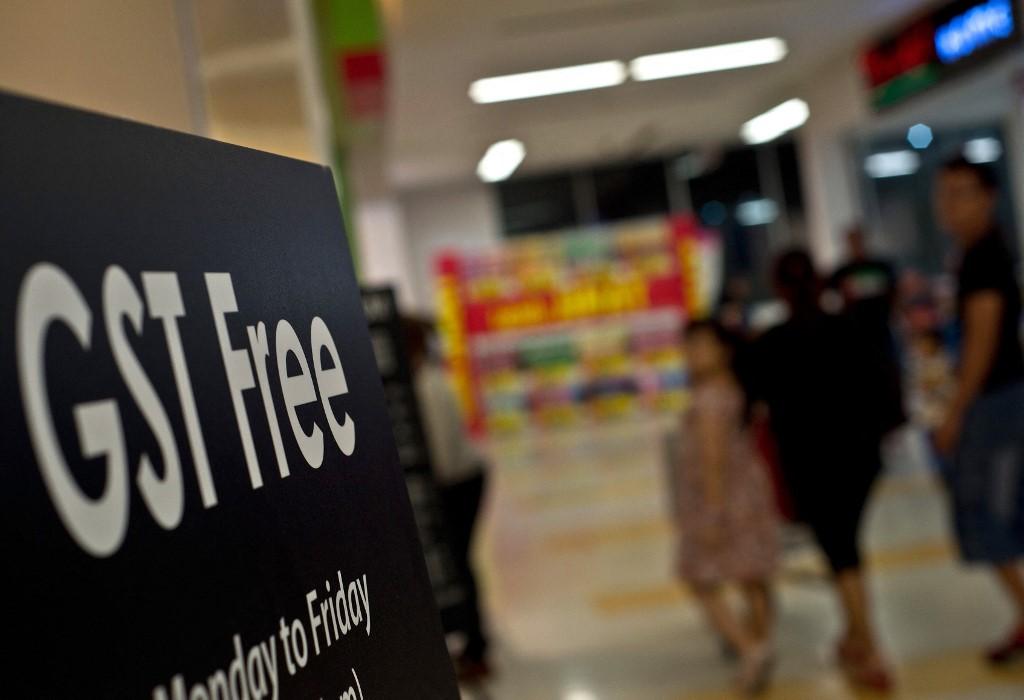GST not a magic bullet, says tax expert
He says the focus should instead be on widening the scope of goods and services covered by the SST.
Just In
A financial expert has played down any need to reintroduce the goods and services tax (GST) to replace the current sales and services tax (SST) ahead of the tabling of Budget 2022 in the Dewan Rakyat at the end of the month.
Malaysian Institute of Accountants president Veerinderjeet Singh said the GST was not a “magic bullet” that could solve Putrajaya’s fiscal problems, adding that the Covid-19 pandemic had led the government into an overspending mode.
“It cannot be introduced that quickly,” he told MalaysiaNow. “First you must change the law, then you have to create awareness and educate the public.
“We may need at least a year for an awareness campaign.”
The 6% GST was introduced by the Barisan Nasional government under Najib Razak in April 2015, replacing the SST as part of Putrajaya’s tax reforms.
In 2017, it brought the government RM40 billion in revenue.
The following year, Pakatan Harapan (PH) replaced it with the SST after coming to power in the May 9 general election. This was one of the main pledges in PH’s election manifesto, with the coalition arguing that the GST had led to an increase in cost of living.
PH lost federal power early last year after the resignation of Dr Mahathir Mohamad as prime minister.
Several quarters have since urged the government to bring back the GST, including the Organisation for Economic Cooperation and Development which made the suggestion last month.
Najib himself defended the tax in the Dewan Rakyat yesterday, saying it had played an important role in reducing the income gap between the rich and the poor.
He also said it had helped to reduce leakage due to the contraction of the black economy.
Veerinderjeet, who has written several books on taxation, said the GST had brought in more revenue as it covered more goods than the SST.
“The GST covered almost 70% of goods and services,” he said. “When this was abolished and we brought back the SST, the coverage of goods and services was only 38%.”
Maintaining that there is no current need to reintroduce the GST, he suggested widening the scope of goods and services covered by the SST.
Adding that the people are already suffering the effects of the pandemic, he said a new tax would only lead to a hike in the price of goods.
He also proposed that the government come up with new rules for the GST in the event that it is reintroduced, saying GST refunds in the past were too slow.
In the long term, he said, the government should introduce tax reforms in terms of structure and the administrative capabilities of the tax department, in addition to tax incentives.
“It should be a five to seven-year plan,” he said. “You need to look at what taxes we have at the moment – how we can improve them and how we can make it easier for the people to comply.”
However, he cautioned that the government should not give tax incentives too easily in seeking to attract investments in the country.
“Give them to the type of businesses that we want to attract. Businesses that are more sustainable, that contribute to the country and bring new technology.
“It should not be given to labour-intensive industries,” he said.
Veerinderjeet also said the government could consider a special-purpose tax in the upcoming budget to help fund the battle against Covid-19.
“This means a special tax that we impose on certain businesses for a period of time, let’s say two years.
“This allows the government to collect some funds from the businesses that are profitable, which can accommodate paying some amount to the government,” he said, adding that the government would decide which sector on which to impose the tax.
He said this money should be used specifically for healthcare.
“Why don’t we ask corporations to make donations to the government? It is a tricky issue. Donations are tax deductible, which means income tax revenue will fall.
“You may not collect that much at all,” he said.
Subscribe to our newsletter
To be updated with all the latest news and analyses daily.
